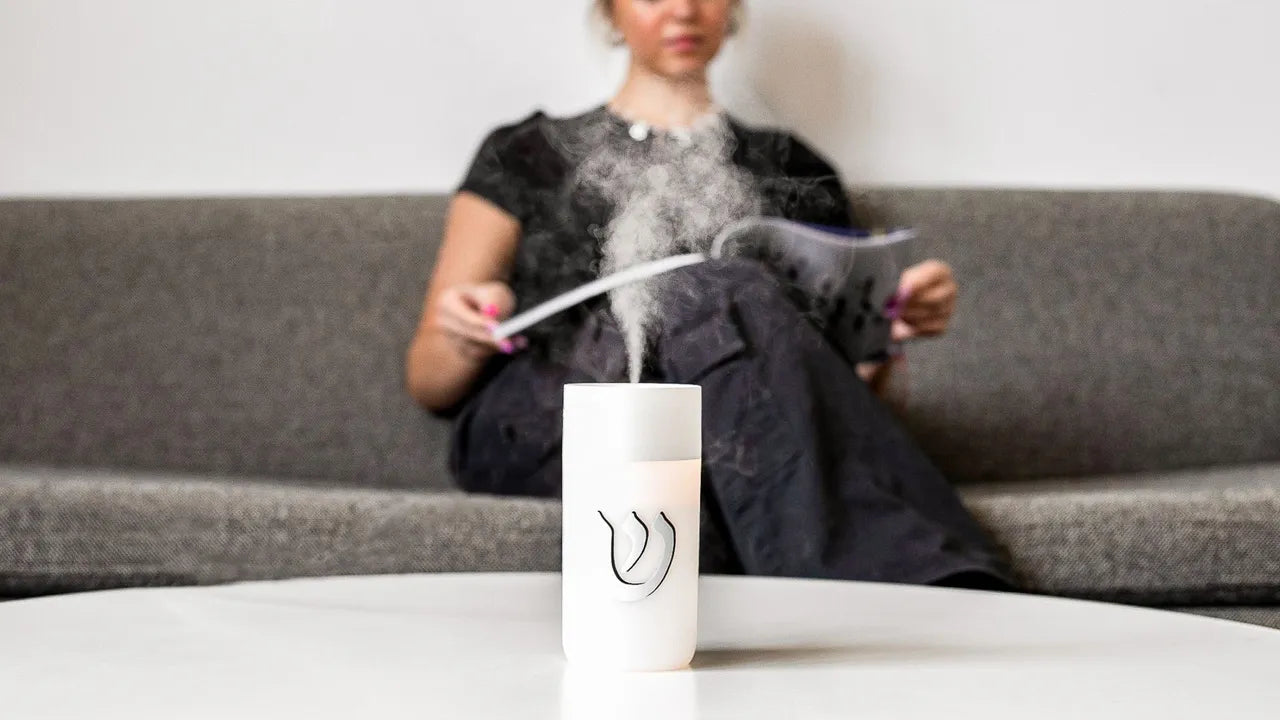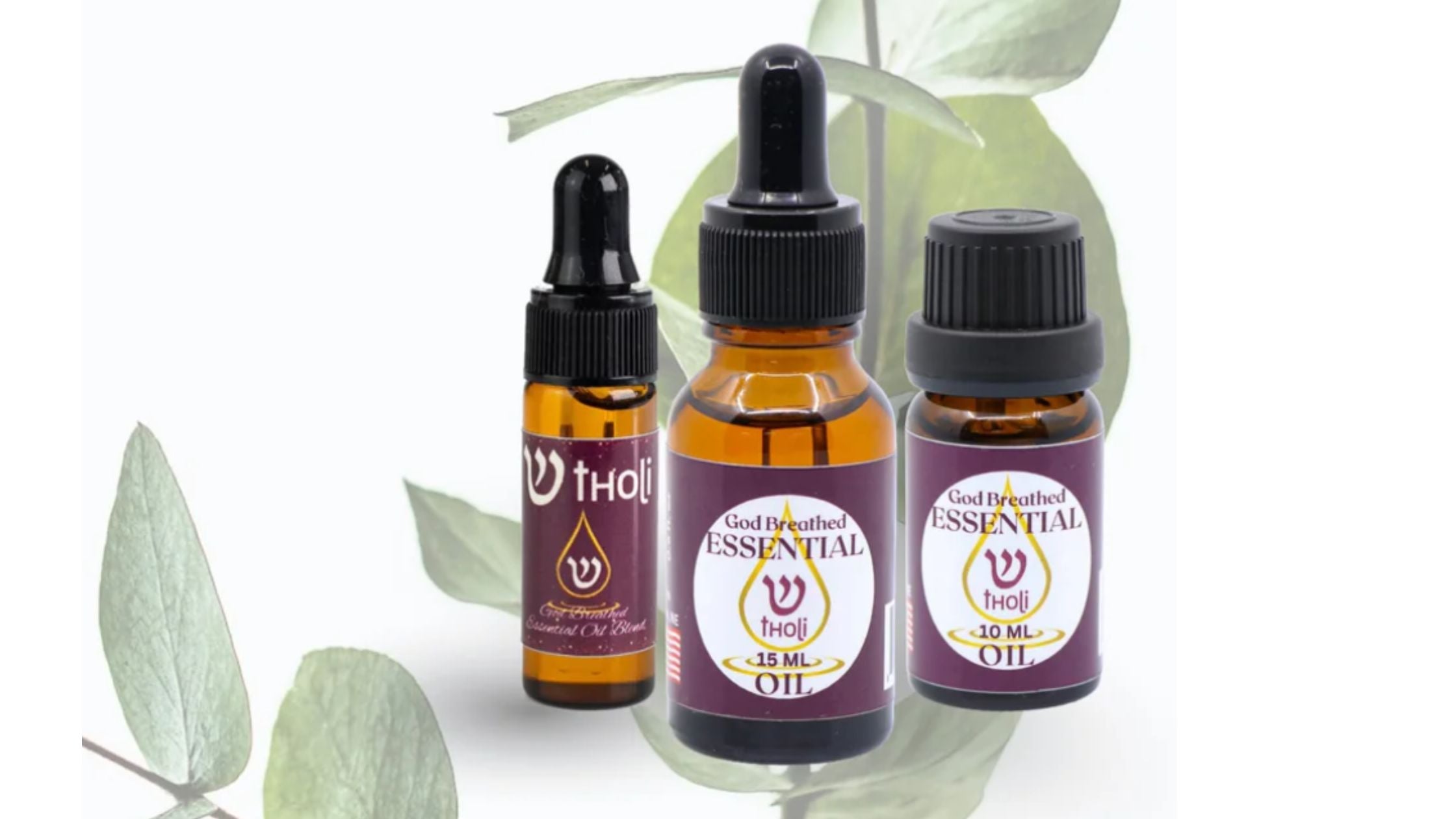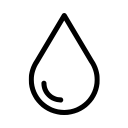
The Healing Properties of Essential Oils for Modern Health
Essential oils have been revered for their healing properties for centuries, playing a crucial role in traditional medicine across various cultures. Today, as people seek natural and holistic health solutions, the healing properties of essential oils are experiencing a resurgence in popularity. This article explores the different ways essential oils can enhance modern health, highlighting their therapeutic benefits and practical applications.
Understanding Essential Oils
Essential oils are volatile aromatic compounds extracted from plants. These oils capture the plant’s scent and flavor, known as its essence. They are obtained through distillation (steam and/or water) or mechanical methods, such as cold pressing. Essential oils are highly concentrated, containing the active ingredients responsible for the plant’s medicinal properties.
Therapeutic Benefits of Essential Oils
- Anti-inflammatory Properties
- Antimicrobial and Antiviral Effects
- Pain Relief
- Stress and Anxiety Reduction
1. Anti-inflammatory Properties
Many essential oils possess powerful anti-inflammatory properties. For instance, oils like eucalyptus, ginger, and frankincense can help reduce inflammation in the body, making them beneficial for conditions like arthritis, muscle pain, and other inflammatory disorders.
2. Antimicrobial and Antiviral Effects
Essential oils such as tea tree, oregano, and thyme have strong antimicrobial and antiviral properties. These oils can be used to disinfect wounds, treat infections, and even combat viruses, providing a natural alternative to synthetic antimicrobial agents.
3. Pain Relief
Essential oils like peppermint, lavender, and rosemary are known for their analgesic properties. They can be used topically to alleviate headaches, muscle pain, and joint discomfort, offering a natural solution for pain management.
4. Stress and Anxiety Reduction
Aromatherapy, the practice of using essential oils for therapeutic benefits, is particularly effective in reducing stress and anxiety. Oils such as lavender, chamomile, and bergamot have calming effects on the nervous system, promoting relaxation and emotional balance.
The healing power of essential oils extends beyond their therapeutic benefits, as they work synergistically to promote overall wellness and enhance the quality of life.
Application Methods
- Inhalation
- Topical Application
- Internal Use
1. Inhalation
Inhaling essential oils is one of the most effective ways to experience their benefits. This can be done using diffusers, steam inhalation, or simply by smelling the oil directly from the bottle. Inhalation is particularly effective for respiratory issues, stress relief, and mood enhancement.
2. Topical Application
Applying essential oils to the skin allows for localized and systemic effects. It’s important to dilute essential oils with a carrier oil (such as coconut or jojoba oil) before applying them to prevent skin irritation. Topical application is ideal for pain relief, skin conditions, and wound healing.
3. Internal Use
Some essential oils can be ingested, but this should be done with caution and preferably under the guidance of a healthcare professional. Oils like lemon, peppermint, and ginger can be added to water or used in cooking for their therapeutic benefits.
Understanding the healing properties of essential oils is essential when selecting the right oils for your needs. Each essential oil offers unique therapeutic benefits, making them popular choices for various applications in holistic health practices. As we explore some of the most widely used essential oils, their distinct characteristics and healing benefits will become evident, allowing you to make informed choices for your wellness journey.
SHOP OILS TODAY!
Popular Essential Oils and Their Uses
- Lavender Oil
- Tea Tree Oil
- Eucalyptus Oil
- Peppermint Oil
1. Lavender Oil
Known for its calming and soothing properties, lavender oil is widely used for stress relief, improving sleep quality, and treating minor burns and insect bites.
2. Tea Tree Oil
With its potent antimicrobial properties, tea tree oil is effective in treating acne, fungal infections, and wounds.
3. Eucalyptus Oil
Eucalyptus oil is excellent for respiratory health, providing relief from congestion, colds, and sinusitis.
4. Peppermint Oil
Peppermint oil is invigorating and cooling, making it ideal for headaches, digestive issues, and muscle pain.
The healing properties of essential oils extend beyond their individual uses, offering a natural and effective approach to wellness that aligns with holistic health practices. As we delve deeper into the benefits of these oils, we'll uncover how they can be seamlessly integrated into daily routines for enhanced well-being.
Natural and Effective
The healing properties of essential oils offer a natural and effective way to enhance modern health practices. From reducing inflammation and pain to combating infections and alleviating stress, essential oils provide a versatile and holistic approach to wellness. By incorporating these potent plant extracts into your daily routine, you can harness their therapeutic benefits and take a step towards better health and well-being.
Restoration Power
At the heart of THOLI is the mission to restore God's perfect design. Whether you diffuse it into the air or apply it to your skin, THOLI Oil is crafted to work in harmony with our Merino Wool Activator Discs, which are integrated into all our Heavenly Products. The wool activates the complex chemistry of the plant extracts through the unique sound wave it resonates at, enhancing the natural restorative power of our essential oils.






